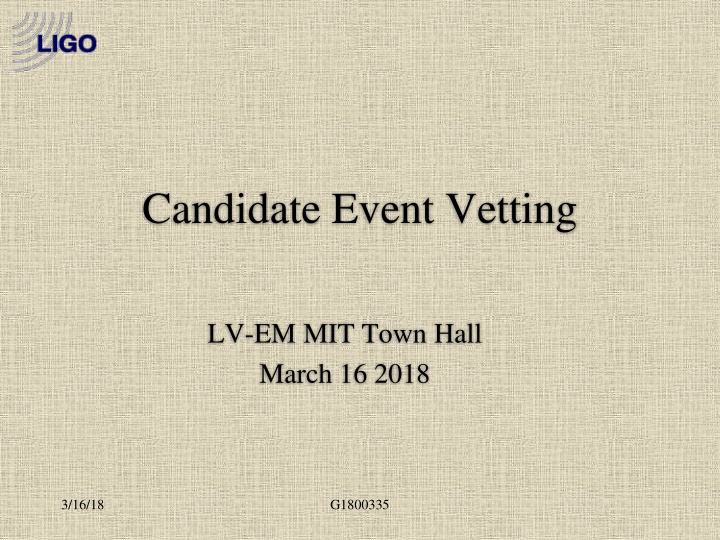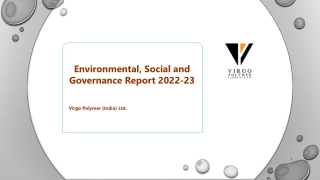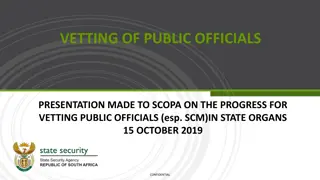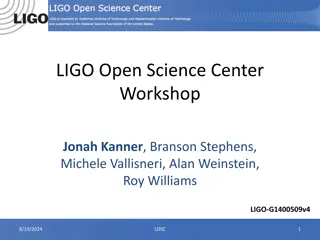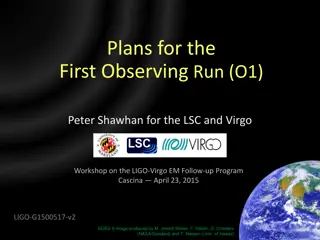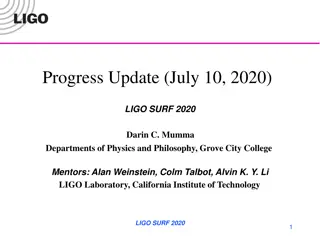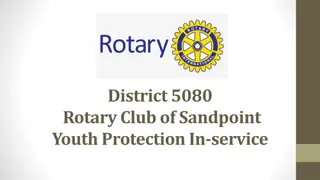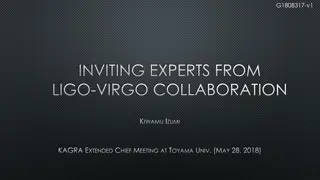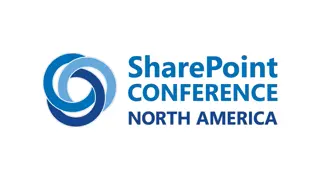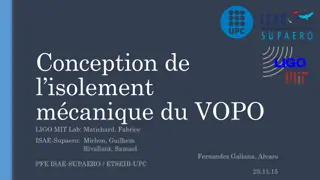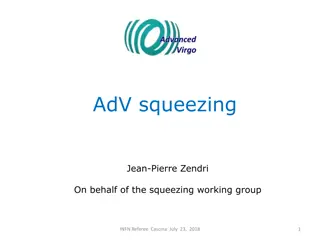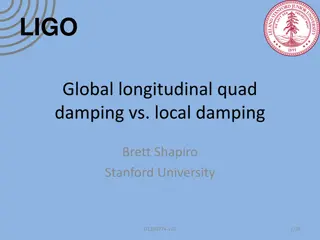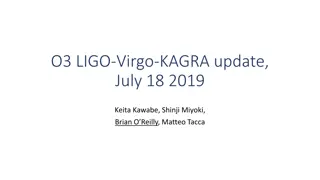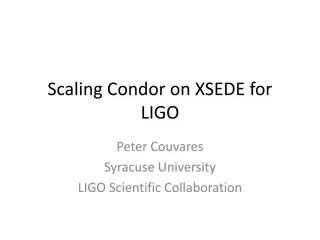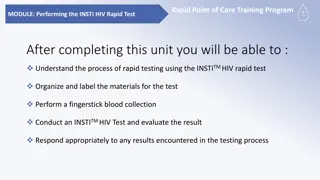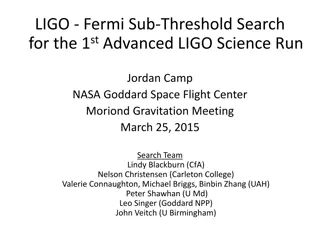Event Vetting Process and Rapid Response Teams at LIGO-Virgo Collaboration
The LIGO-Virgo Collaboration utilizes a comprehensive event vetting process involving Rapid Response Teams to assess the quality of alerts and potential events. The teams, consisting of site advocates, experts, and operators, convene online to either retract or promote alerts based on their quality. Reasons for rejecting events include issues with instruments, analysis software, or data quality. Regular meetings and discussions are held to ensure prompt responses and effective decision-making.
Download Presentation

Please find below an Image/Link to download the presentation.
The content on the website is provided AS IS for your information and personal use only. It may not be sold, licensed, or shared on other websites without obtaining consent from the author.If you encounter any issues during the download, it is possible that the publisher has removed the file from their server.
You are allowed to download the files provided on this website for personal or commercial use, subject to the condition that they are used lawfully. All files are the property of their respective owners.
The content on the website is provided AS IS for your information and personal use only. It may not be sold, licensed, or shared on other websites without obtaining consent from the author.
E N D
Presentation Transcript
Candidate Event Vetting LV-EM MIT Town Hall March 16 2018 3/16/18 G1800335
Event Vetting GCN Notice will alert LIGO-Virgo personnel who sign up for alerts. A Rapid Response Team composed of experts in various aspects of the alert chain convenes online within minutes of the alert. The charge of the RRT is to either retract the GCN Notice or issue a GCN circular. 3/16/18 G1800335
RRT RRT will comprise of: Team Leads: Site Advocate(s) from LIGO and a Site Advocate from Virgo. The Site Advocates will be the local run managers or their designees. Operators from the LIGO and Virgo sites. An online EM Advocate. At least one pipeline expert for the triggering analysis. DetChar experts from LIGO and Virgo A GraceDB expert 3/16/18 G1800335
Rapid Response Teams Events that do not pass the FAR threshold but are seen to be high quality may be promoted to OPA by this RRT. A regular meeting will review such events and any other lower quality events. We may move the discussion of BBH events to this discussion: Will have some dependence on event rate. Slower retraction of delayed circular for such events. 3/16/18 G1800335
Reasons to reject an event An issue with one of the instruments. We typically stay in observation mode if: There is no prompt fix available and there is a chance that some searches can use the data. There is a local disturbance that is not strong enough to transition the instrument from the low noise state. An issue with analysis software. 3/16/18 G1800335
Reasons to reject an event An issue with analysis software. An issue with the data quality: Evaluated by experts on detector noise artifacts from the Detector Characterization groups. In O3 we will automate the Detector Characterization checklist. Process of analyzing the data for artifacts can take O(hours). Caveat: Some instrumental artifacts may not have a good veto. In this case we err on the side of accepting the event. 3/16/18 G1800335
Example: blip glitch Can mimic high- mass BBH merger. No good veto for this during O2 (but work continues). 3/16/18 G1800335
Vetting of Events A regular discussion involving a wider array of experts and opinions will convene on a daily basis as needed. May end up retracting old or releasing new alerts based on this meeting. Cadence will be daily if the event rate warrants, otherwise a few times weekly: We will react to all alerts promptly with a smaller team. Retractions and circulars will still occur, but based on less input. 3/16/18 G1800335
